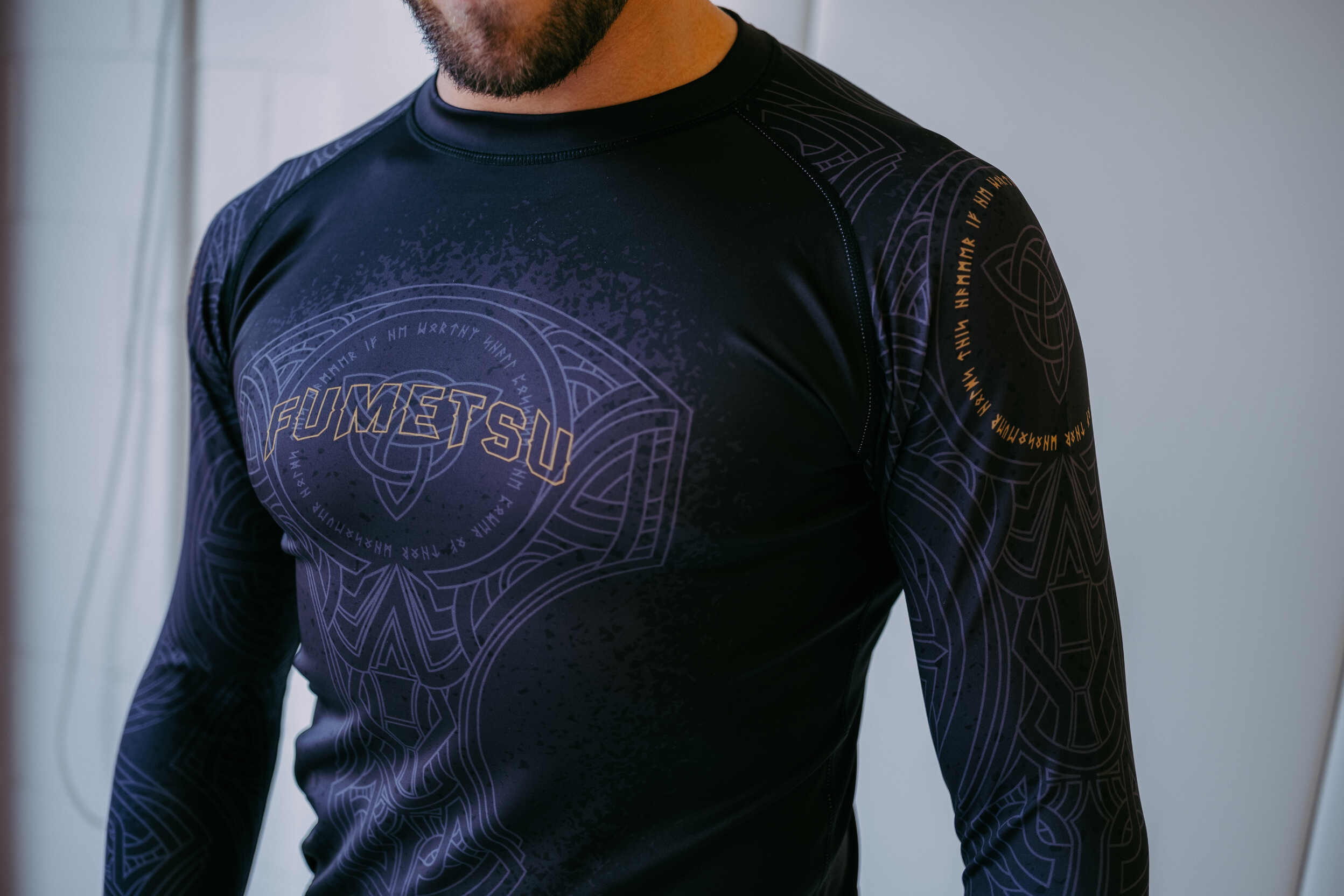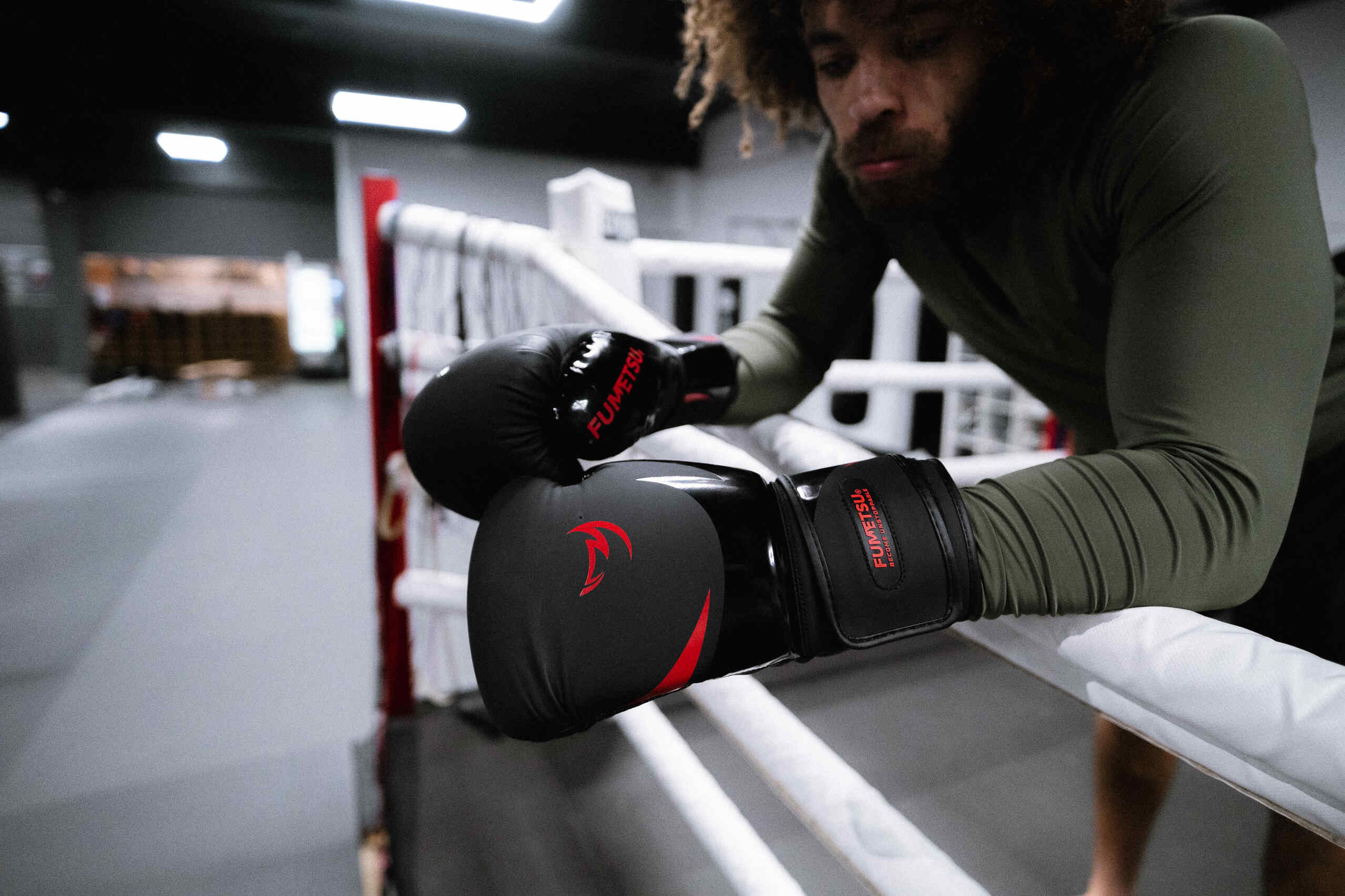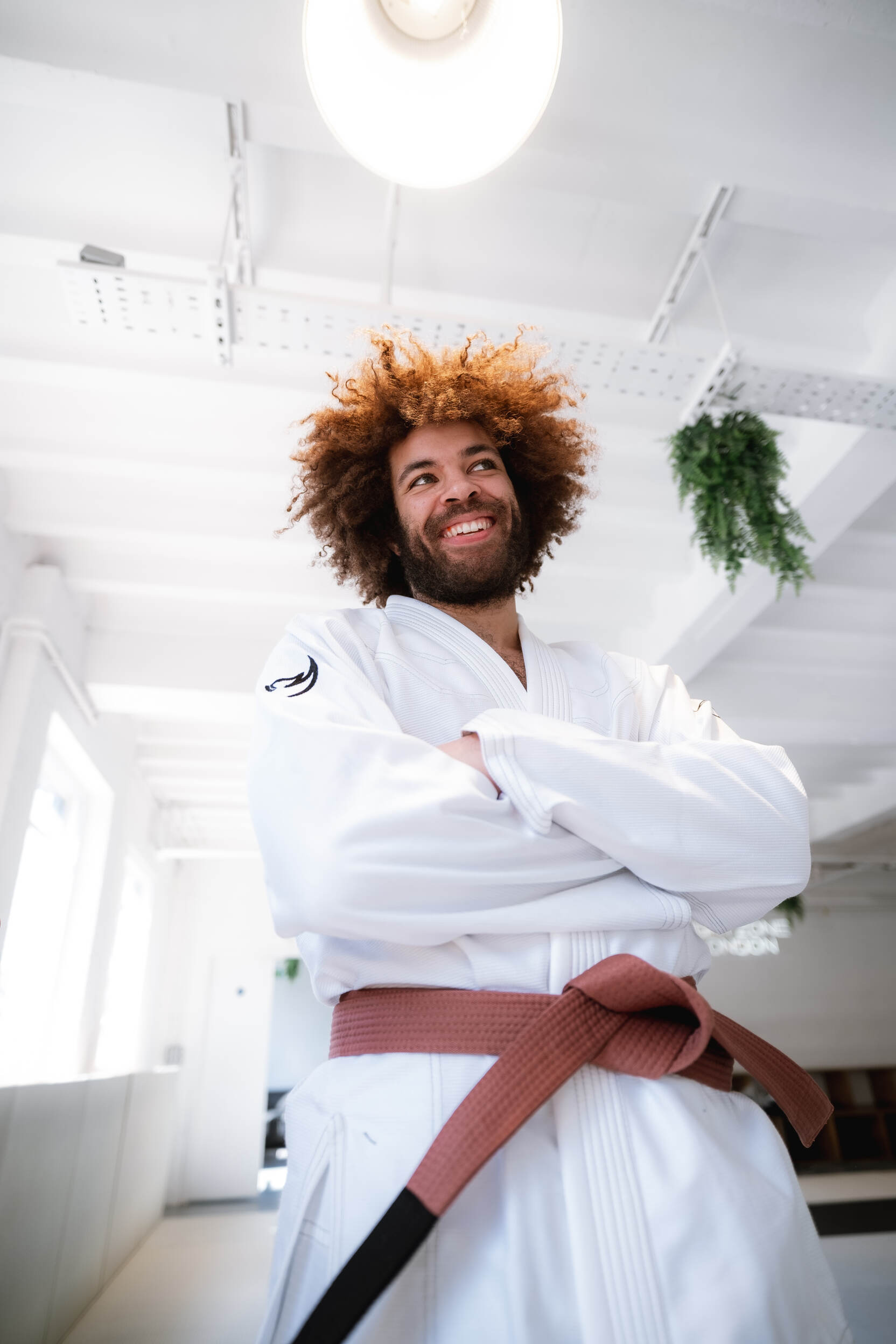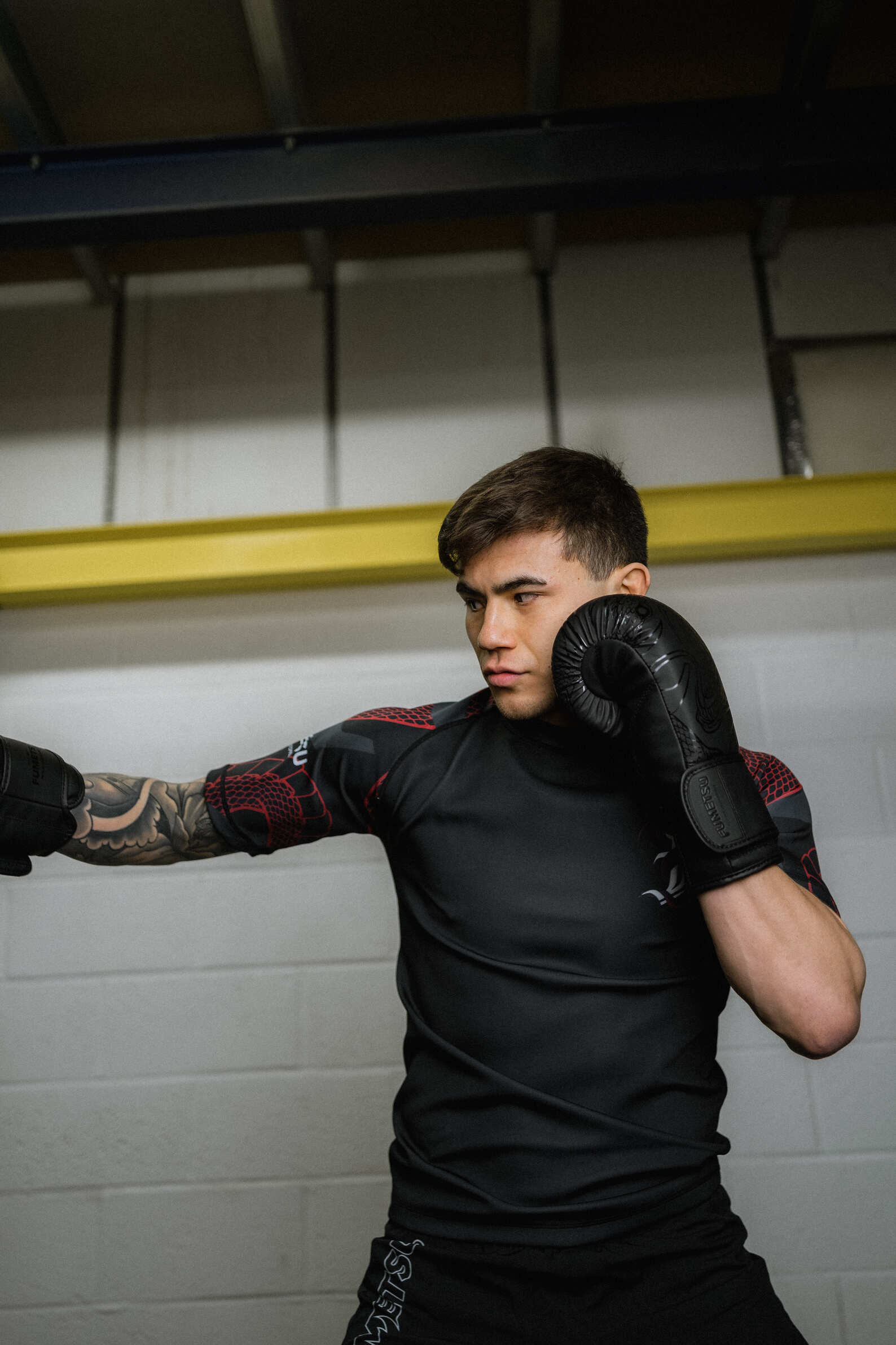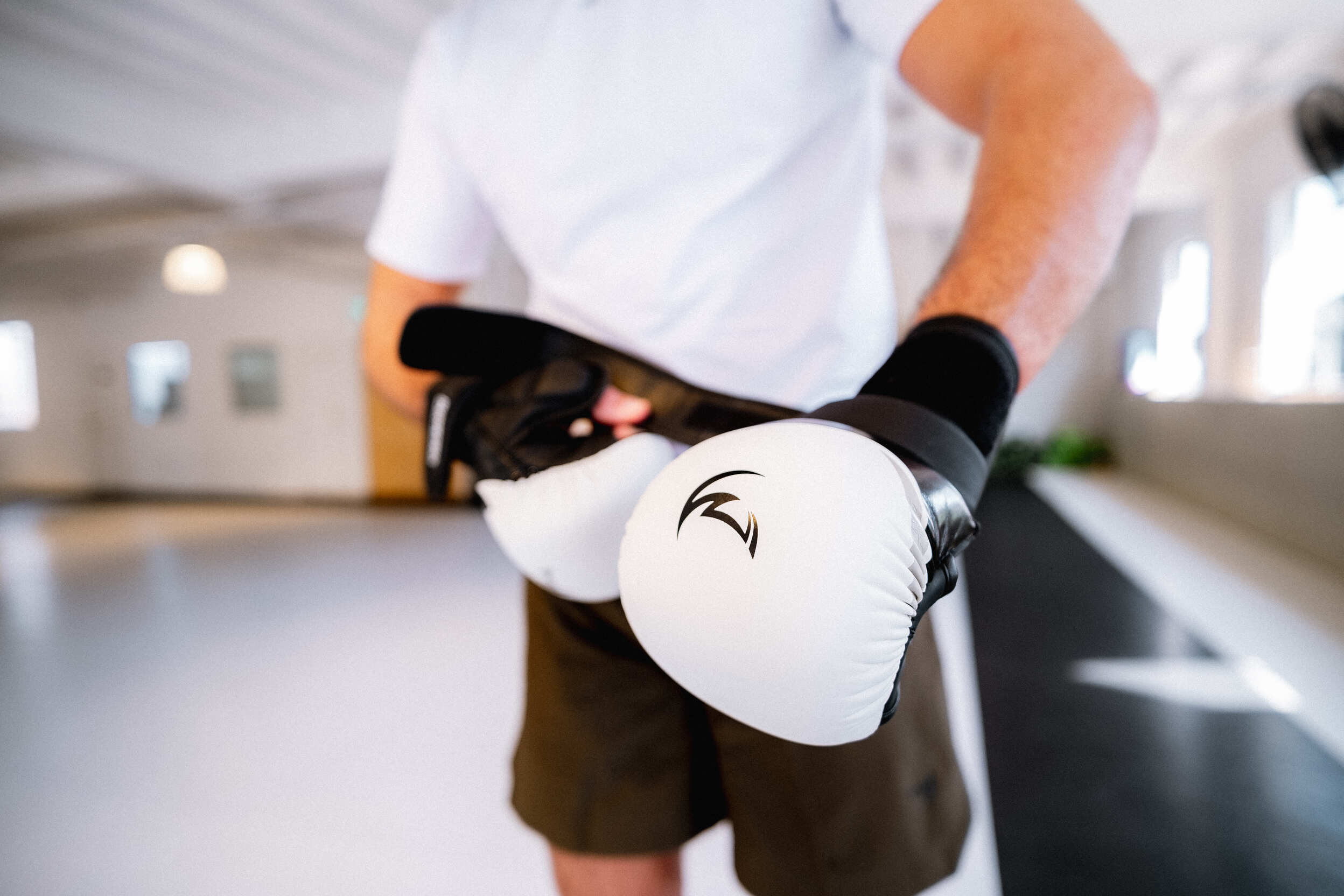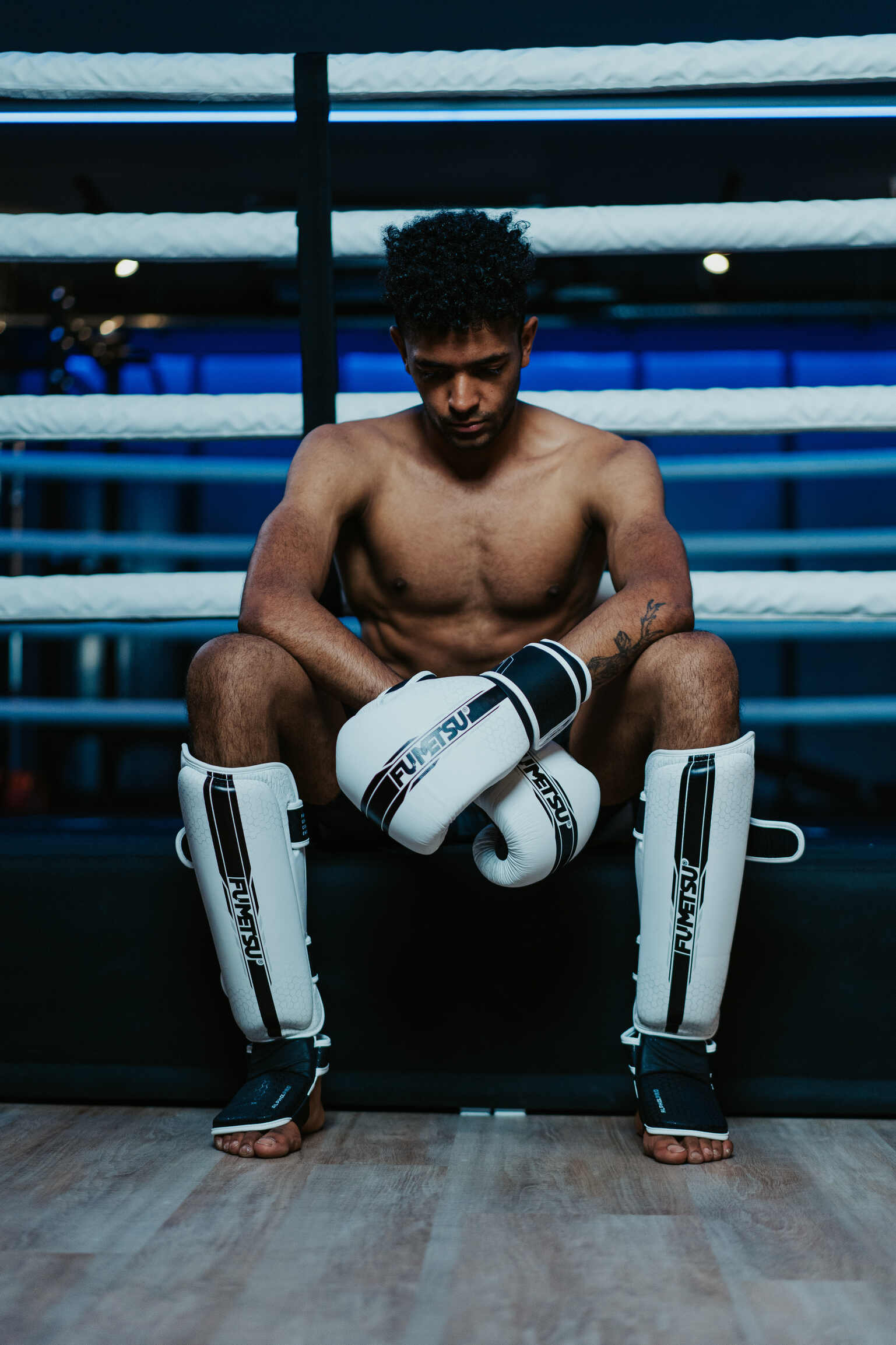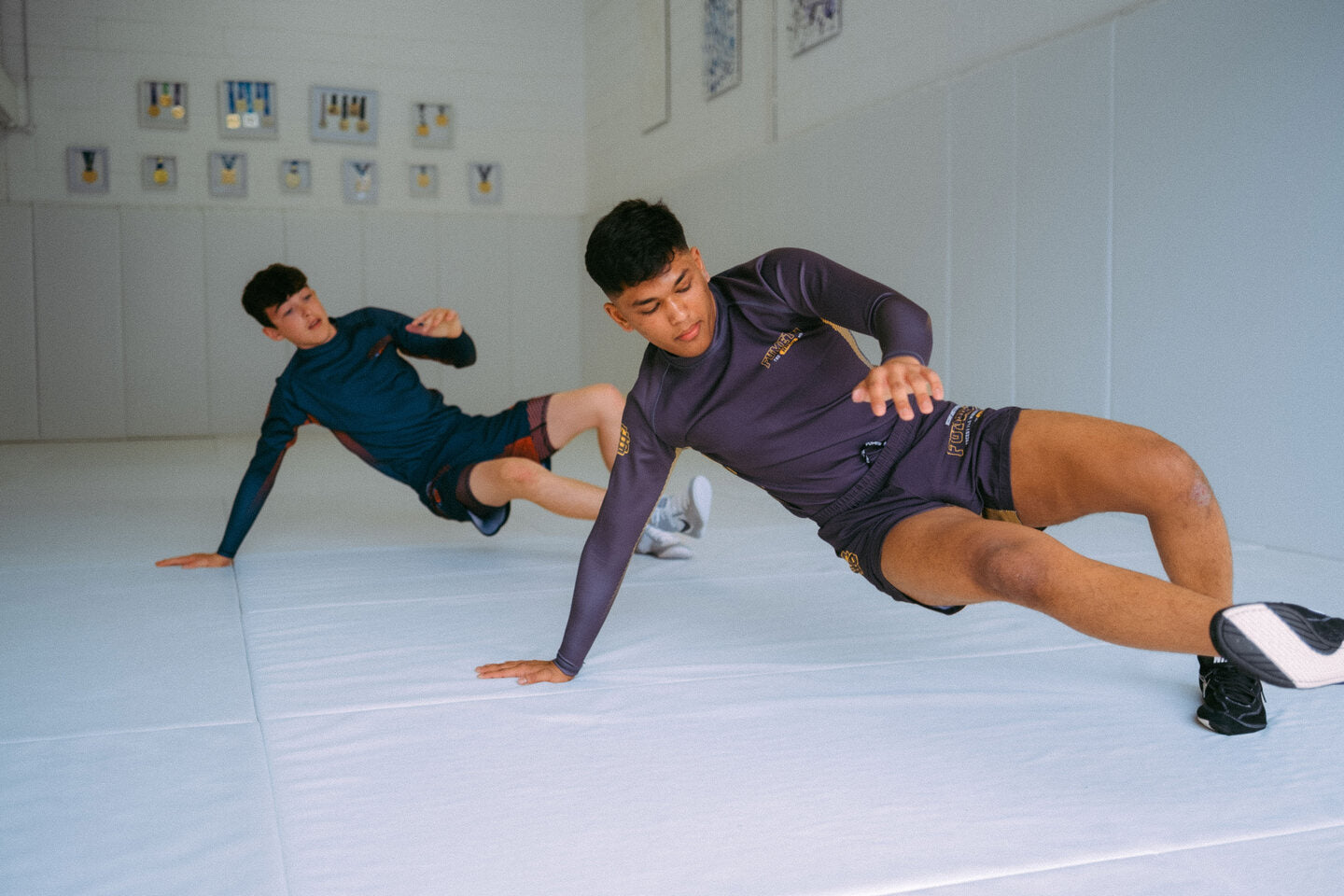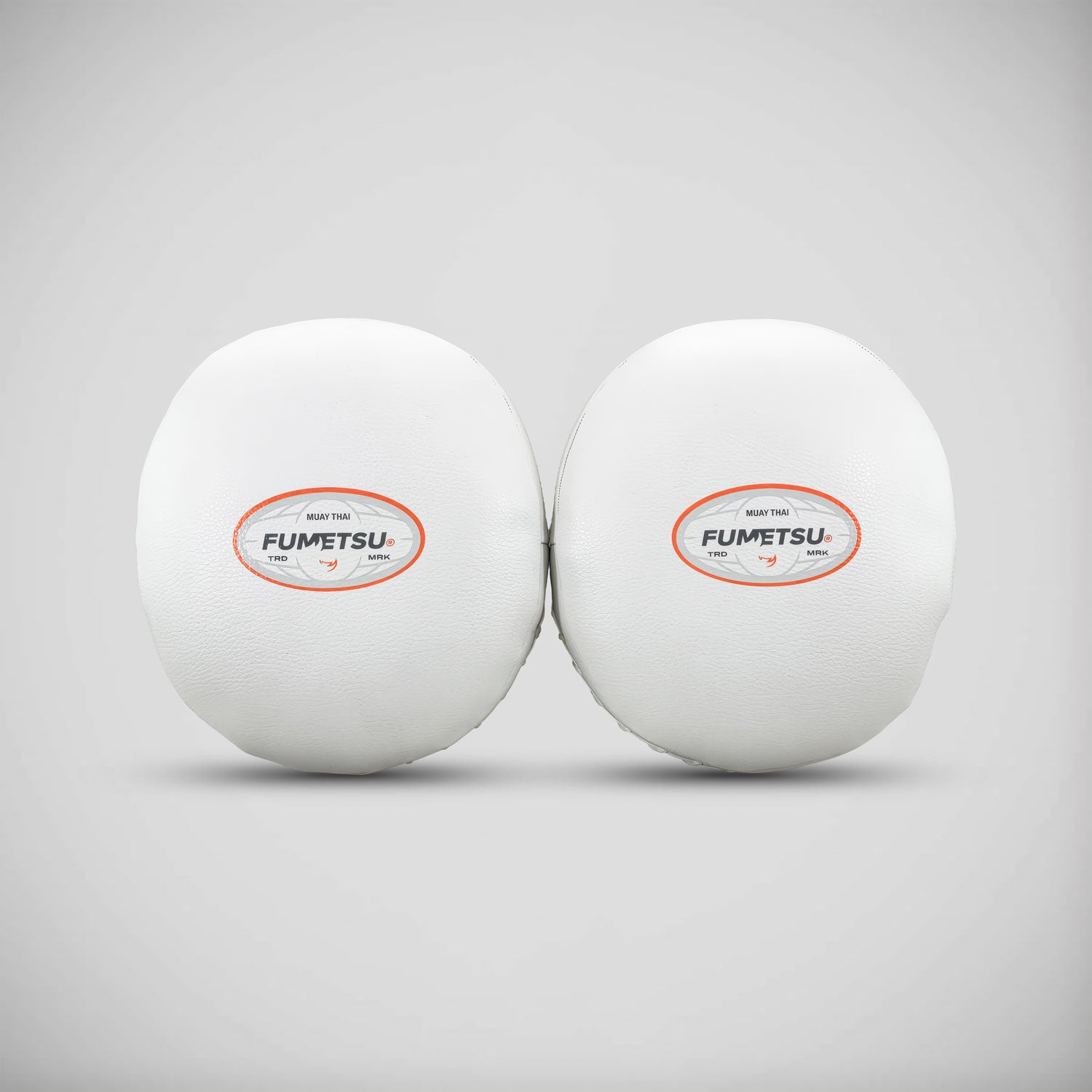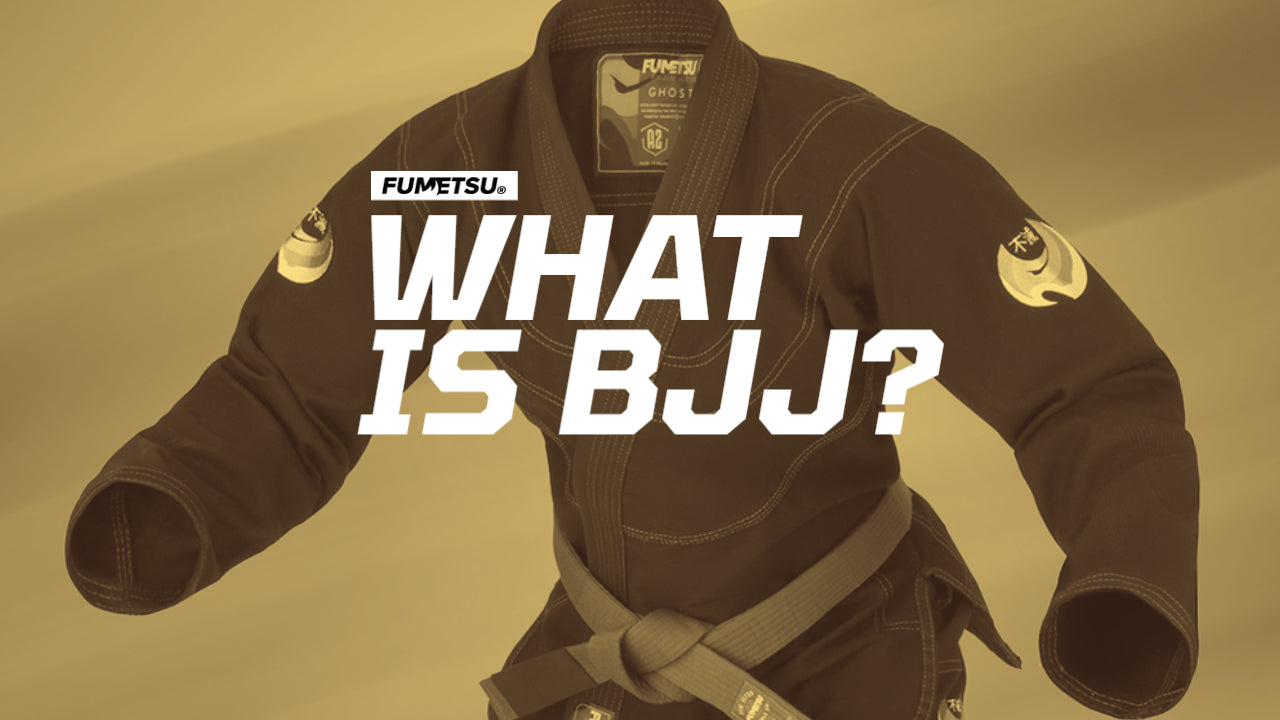
What is BJJ? An Introduction to the World of Brazilian Jiu-Jitsu
Brazilian Jiu-Jitsu, or BJJ as it is commonly referred to, is a fascinating and engaging martial art, combat sport, and self-defense system all rolled into one. For those who have just started exploring the world of martial arts, you might ask, "What is BJJ?"
Brazilian Jiu-Jitsu (BJJ) is a unique martial art that focuses on grappling, ground fighting, and achieving a dominant position over the opponent. Instead of striking techniques used in other martial arts, BJJ emphasizes submission holds such as joint locks and chokes. This allows a smaller, weaker person to defend against a larger, stronger assailant, demonstrating BJJ's real-world efficacy.
The Roots of BJJ: A Tale of Kodokan Judo and Mitsuyo Maeda
The origins of BJJ trace back to Kodokan Judo in the late 19th century. The credit for the development and popularization of this martial art in Brazil is often given to Mitsuyo Maeda, a student of Jigoro Kano, the founder of Kodokan Judo. Maeda, a renowned martial artist, emigrated to Brazil where he befriended the Gracie family.
The Gracie family, particularly Carlos and Helio Gracie, further adapted these judo techniques to create what we know today as Brazilian Jiu-Jitsu or Gracie Jiu-Jitsu. This martial art form has since gained global recognition due to its effectiveness in mixed martial arts competitions and its practicality as a self-defense system.
What Does BJJ Stand For?
BJJ stands for Brazilian Jiu-Jitsu, a martial art style that focuses on grappling and ground fighting. Contrary to some beliefs, there is indeed a difference between traditional Jiu-Jitsu and BJJ. While both styles share a common ancestry in the ancient Samurai martial arts, BJJ evolved by focusing on the ground fighting and submission techniques, which are less prominent in traditional Jiu-Jitsu.
Ready to start your BJJ journey? Dive into the world of BJJ Kimonos, or if you prefer No-Gi, check out our No-Gi collection.
The Challenges and Rewards of Learning BJJ
BJJ is notorious for being hard to learn, but why? The art of BJJ requires a deep understanding of body mechanics, technique, and controlling positions. In addition to physical fitness, it demands mental fortitude. The complexity and depth of BJJ is part of its allure, captivating practitioners around the world.
Learning BJJ is more than acquiring skills; it's embracing a lifestyle. The BJJ lifestyle revolves around respect, discipline, constant learning, and a healthy living approach. It's not just about building muscle, but also about making you mentally tougher.
Indeed, BJJ training is intense and requires dedication, but the benefits are beyond the physical. It builds resilience, discipline, problem-solving skills, and an unyielding spirit. Whether you're an aspiring black belt or a beginner just starting out, the journey is bound to be an enriching one.
Look the part with Fumetsu's specially designed rash guards and fight shorts, and set off on your journey in style.
Is BJJ a Tough Sport?
There's no doubt about it, BJJ is a demanding sport. Each BJJ training session can be a grueling ordeal filled with intense drills, sparring matches, and mastering intricate techniques. However, those who embrace the challenge find BJJ to be a truly rewarding pursuit, cultivating both physical and mental strength.
Safety in Brazilian Jiu-Jitsu
BJJ is a combat sport, and like any sport involving physical contact, it carries some risk of injury. However, with proper training, precaution, and respect for your training partners, BJJ is considered a safe sport. The culture of BJJ emphasizes control and technique over brute force, thereby minimizing the risk of harm.
For added safety during training or competition, consider wearing appropriate gear such as our spats & leggings or women's BJJ Gi for our female practitioners.
What is the BJJ Lifestyle?
To the outsider, BJJ might seem like just another sport or martial art. But for the practitioners - it is a way of life. A 'BJJ lifestyle' embraces a philosophy of respect, constant improvement, discipline, and a focus on health and well-being. It often involves adhering to a balanced diet, a regular training routine, and a commitment to learning both on and off the mats.
A typical BJJ practitioner doesn't just train - they live and breathe the art. Their drive for improvement extends beyond the dojo into every aspect of their lives.
The Role of Strength in BJJ
One of the most frequently asked questions about BJJ is, "Do you need to be strong for BJJ?" While strength can be an advantage in certain situations, BJJ's philosophy and techniques are designed so that even a smaller, weaker person can overcome a bigger, stronger opponent.
In BJJ, technique trumps strength. Mastering the art of leverage, timing, and positioning is more crucial to success in BJJ than sheer physical power. In fact, many BJJ practitioners often stress the importance of technique and advise against relying too much on physical strength.
If you're looking to start your BJJ journey, ensure you have the right belt. Check out our selection of men's BJJ belts.
Can Jiu-Jitsu Build Muscle?
Absolutely! BJJ training provides a full-body workout that combines cardio, strength training, and flexibility. You'll engage multiple muscle groups as you grapple, perform sweeps, and apply submissions, helping you build functional strength and muscle tone over time.
However, it's important to remember that BJJ is about more than just physical fitness. It's also a mental workout that demands strategy, patience, and quick thinking.
How Many Years Does It Take to Learn BJJ?
The journey to becoming proficient in BJJ varies for everyone. Factors like frequency of training, physical fitness, and natural aptitude can all influence how quickly one progresses. On average, it can take anywhere from 10 to 15 years to attain a black belt. But remember, the goal of BJJ is not just about attaining belts but mastering the art itself.
Does BJJ Make You Mentally Tougher?
BJJ is as much about mental fortitude as it is about physical skill. Regular training can help you develop resilience, patience, and strategic thinking. The challenges faced on the mat often translate to life off the mat, making practitioners mentally tougher and more adept at handling life's challenges.
What are the Weaknesses in BJJ?
Like all martial arts, BJJ has areas that it doesn't cover extensively. For instance, it focuses heavily on ground fighting and may not provide as thorough training in standing combat or striking compared to some other martial arts. However, as a part of mixed martial arts, practitioners often cross-train to address these gaps.
Remember, BJJ is an adaptable art, and practitioners often develop their unique styles to supplement these perceived weaknesses. Check out our BJJ Kimonos to start your own unique journey.
Can You Punch in BJJ?
BJJ is a grappling-based martial art that focuses on submissions, so punching isn't typically part of the training. However, in a real-life self-defense situation, a BJJ practitioner is trained to control the situation and defend against strikes.
That concludes our exploration into the art of BJJ. If you're intrigued and ready to embark on your own BJJ journey, Fumetsu has got you covered with all your gear needs. From rash guards to fight shorts, we have everything to get you started and support you as you advance in your journey. Embrace the challenge and join the BJJ community today!
